Post-polio Syndrome Causes Significant Psychiatric Symptoms And Personality Changes.
Post-polio syndrome causes significant psychiatric symptoms and personality changes.. Symptoms typically occur 15 to 30 years after an initial acute paralytic attack. This finding of new weakness fatigue and pain many years after having polio is called post-polio syndrome PPS. Post polio syndrome PPS is a condition that affects polio survivors years after recovery from the initial polio illness.
The precise mechanism that causes. While most people fully recover from polio the disease can cause. Major symptoms include muscle weakness pain fatigue and in some cases wasting atrophy of the muscles that were involved during the polio infection typically the legs.
Continuing muscle and joint weakness. The development of PPS occurs over time. Previous diagnosis of polio.
Unlike poliovirus PPS is not contagious. Post-polio syndrome PPS is a sub-category of LEoP. Progressive muscle and joint weakness and pain.
Some when examined by doctors are found to have arthritis or other common joint and muscle disorders. Post-polio syndrome PPS is a condition that can affect polio survivors decades after they recover from their initial poliovirus infection. Muscle pain that gets worse.
Diagnosis is based on a medical history and physical exam and exclusion of other conditions that could cause the signs and symptoms. As well as the common symptoms of post-polio syndrome a number of associated symptoms can also develop from the combination of fatigue muscle weakness and muscle and joint pain. PPS affects between 25 and 40 out of every 100 polio survivors.
PPS occurs in individuals with a history of polio that included motor nerve involvement. Symptoms are characterized by aseptic meningitis and weakness or paralysis of one or more extremities along with weakness of one or more muscle groups3 Post Polio Syndrome or PPS ie neurological decline may arise in 20-75 polio survivors 15 to more than 60 years after acute paralytic or non-paralytic disease2 The objective of this case report is to make public the effects of massage.
Post-polio syndrome is a group of latent symptoms of poliomyelitis occurring at about a 2540 rate.
New symptoms of pain and weakness continuing for at least a year. Key points about post-polio syndrome PPS is a disorder that happens in as many as half of people many years after they had polio. One theory is that the immune system plays a role. PPS affects between 25 and 40 out of every 100 polio survivors. Muscle and joint pain. Becoming easily exhausted or. A range of physical symptoms such as scoliosis or joint problems. Most often polio survivors start to experience gradual new weakening in muscles that were previously affected by the polio infection. The same symptoms may also occur years after a nonparalytic polio infection.
PPS affects between 25 and 40 out of every 100 polio survivors. Some people with PPS may eventually need a machine to help with breathing. But symptoms can take as long as 35 days to show up. Diagnosis is based on a medical history and physical exam and exclusion of other conditions that could cause the signs and symptoms. It is a diagnosable condition however there is no test that will definitely show that you have it. Post-polio syndrome PPS is a syndrome that affects some people who have had polio poliomyelitis and occurs many years typically from 10 to 40 years after recovery from the initial infection. Overall history of poliomyelitis was associated with a 40 increased risk of being hospitalized for a psychiatric disorder Nielsens group reports.
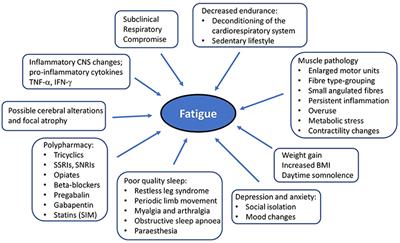






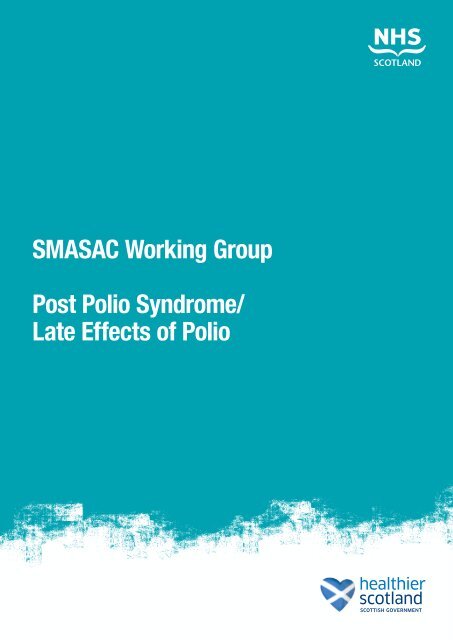
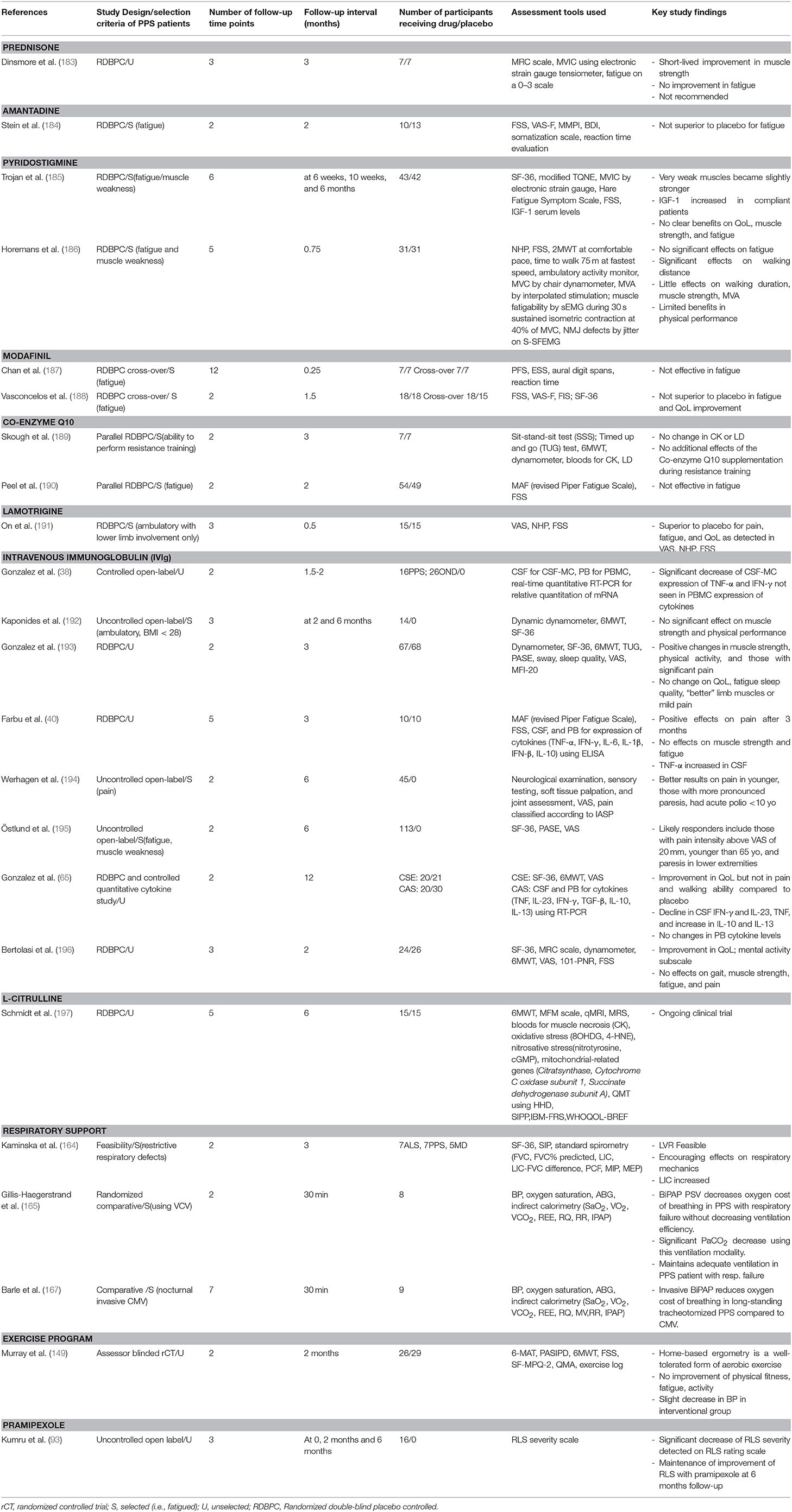

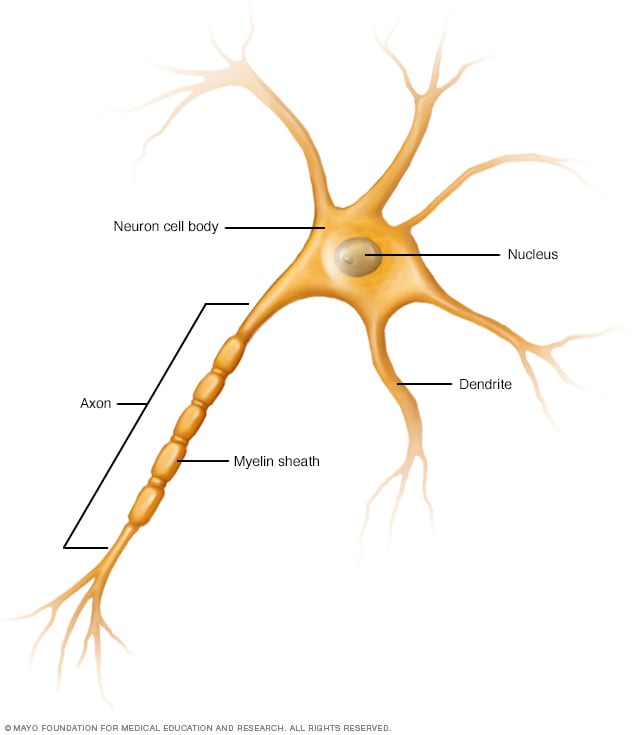
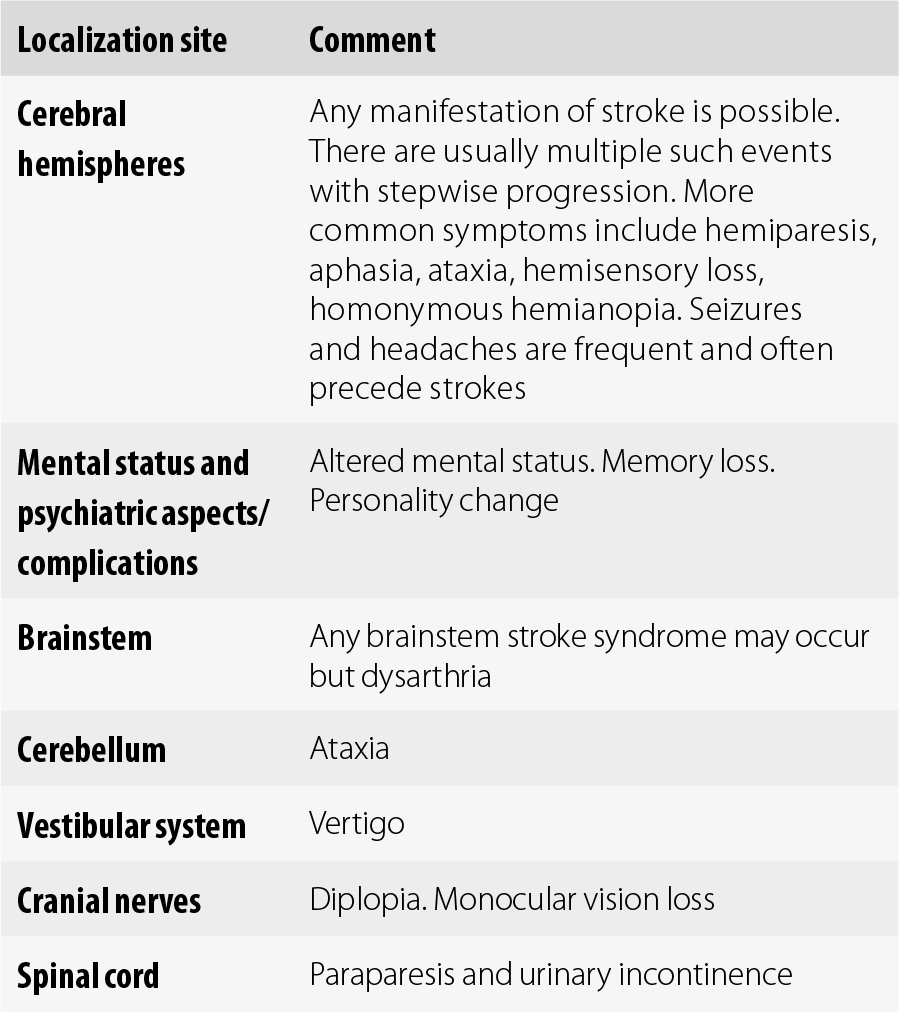
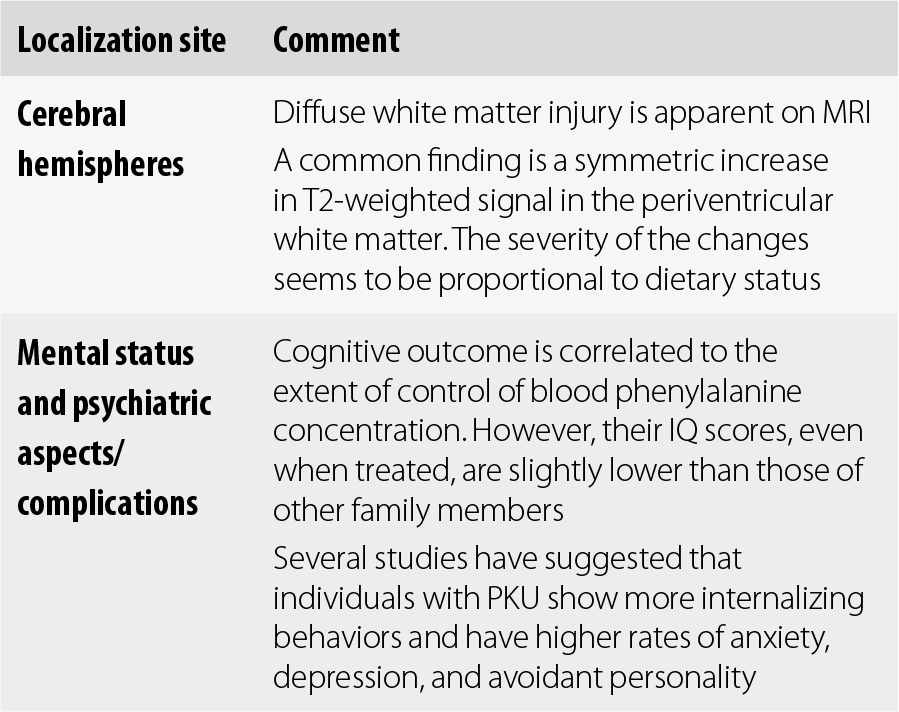
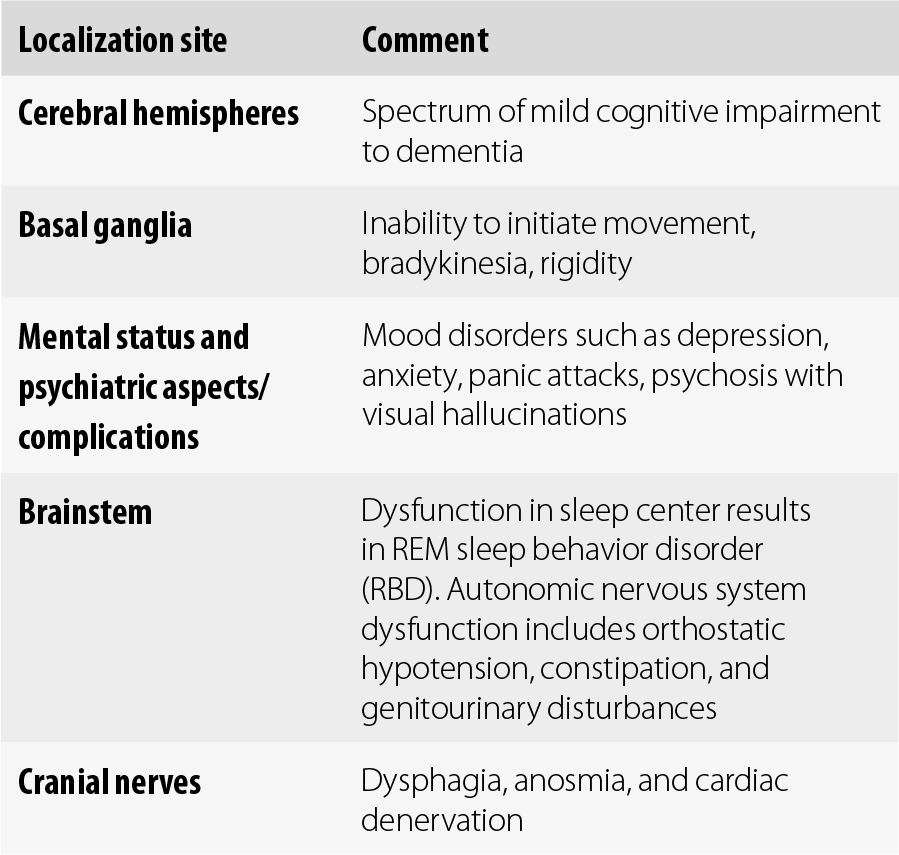






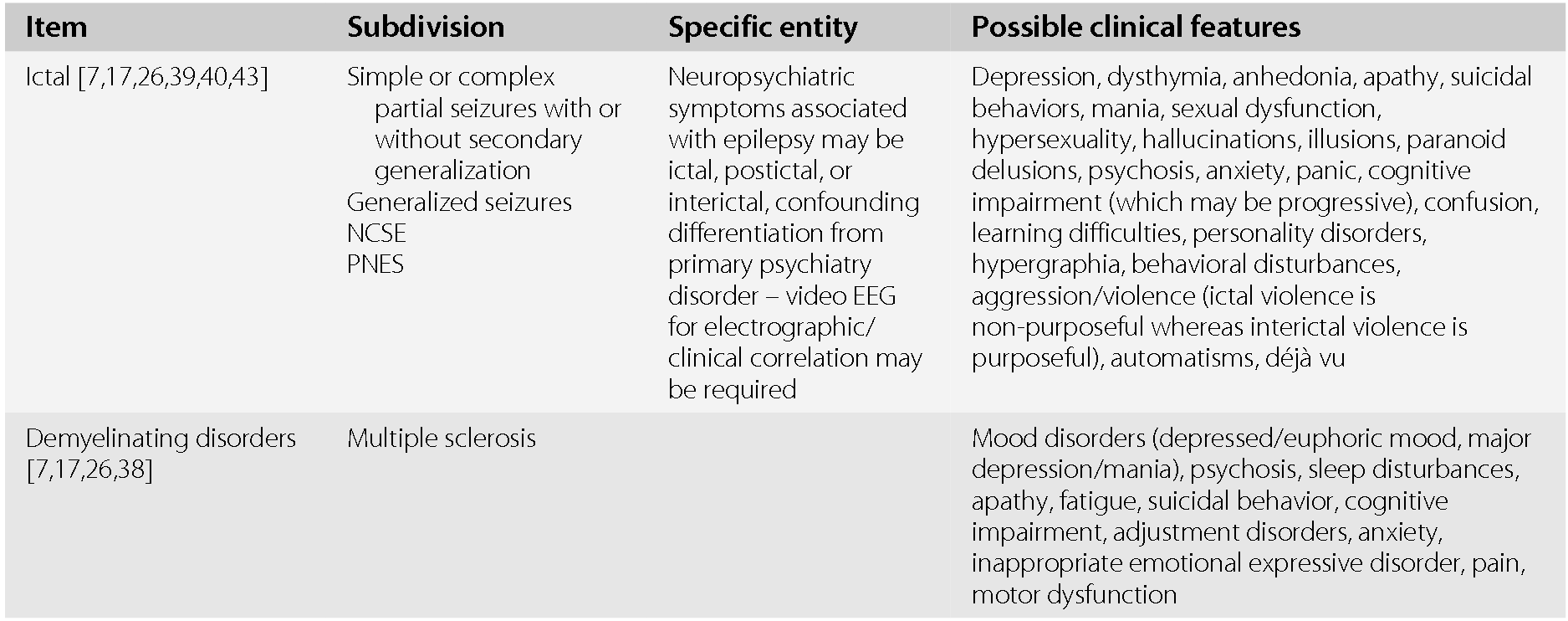
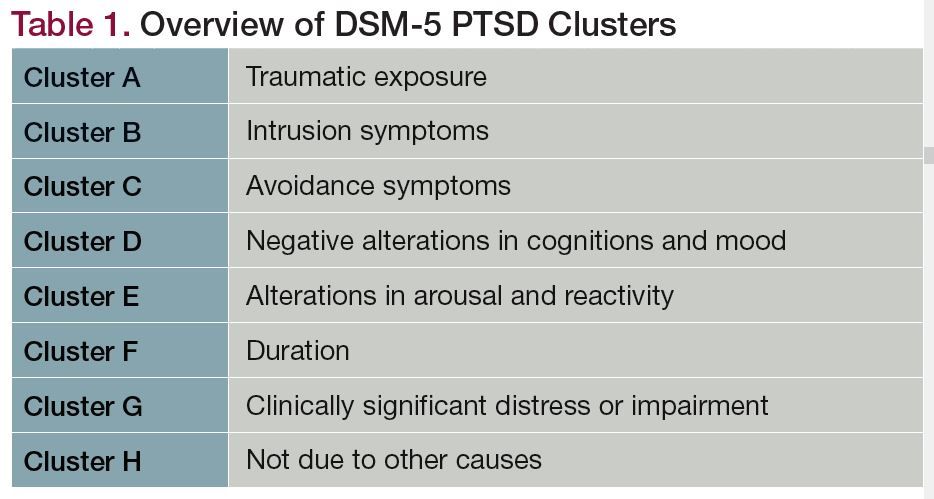


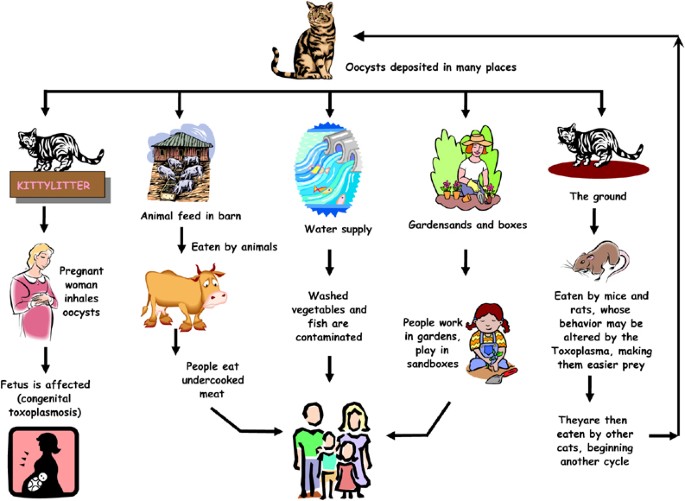
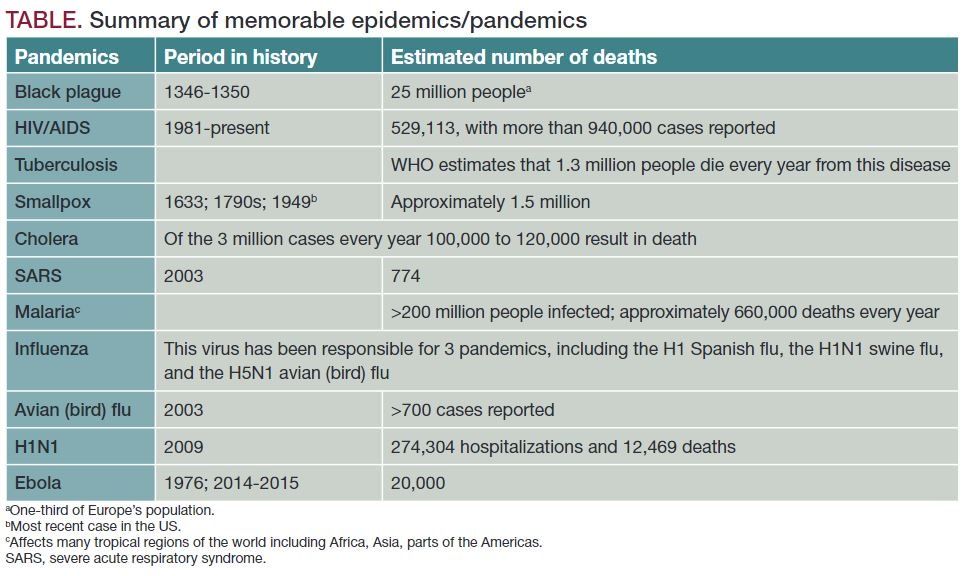







Post a Comment for "Post-polio Syndrome Causes Significant Psychiatric Symptoms And Personality Changes."